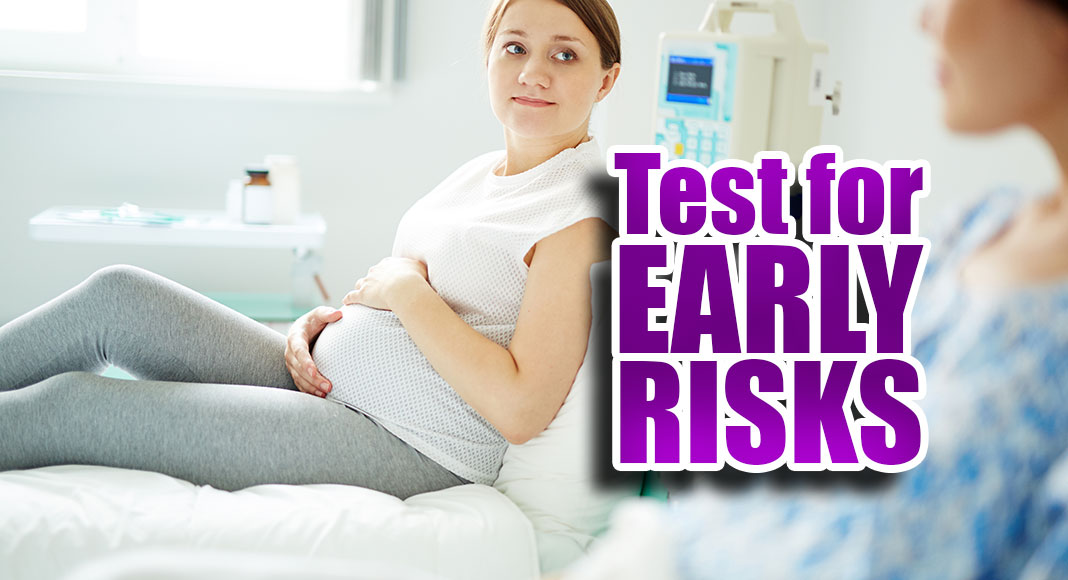
Mega Doctor News
By Taylor & Francis
Newswise — Researchers from Flinders University and the Robinson Research Institute at the University of Adelaide have identified distinctive biological markers that could improve the routine blood tests pregnant women already undergo and detect risks for pregnancy complications earlier than currently possible.
Published in the journal RNA Biology, the study looked at unique genetic codes in the placenta, called microRNAs, found in the blood of pregnant women, to identify specific biomarkers that could indicate different pregnancy risks.
The research was led by Ms Melanie Smith and Professor Claire Roberts from the Pregnancy Health and Beyond (PHaB) Laboratory based at Flinders University.
“Our group has had a long-term interest in developing screening tests to identify pregnant women early in pregnancy who are at risk of pregnancy complications,” says Professor Roberts, who leads the PHaB Lab.
“The earlier we can identify those at risk the earlier we can implement extra clinical monitoring and prevention strategies.”
A healthy placenta is crucial to the health of a pregnancy and this has implications for the long term health of both the mother and the baby.
The team set out to profile placental microRNAs in the placenta and maternal blood in early to mid-pregnancy.
“We need to know what microRNAs are present in healthy pregnancies and identify those that could indicate whether the placenta is functioning well or not. These could then be used to identify pregnancies at risk,” says lead author Melanie Smith, who completed the research while at the Robinson Research Institute, University of Adelaide.
“We have found that placental microRNAs present in maternal blood can be used to determine whether or not the placenta is receiving adequate oxygen from the mother.
“We also found that the amount of a cluster of microRNAs from Chromosome 19, which are only made by the placenta and are present in maternal blood, change in response to the initiation of maternal blood flow into the placenta after 10 weeks of gestation.”
“Our data suggests it is possible from a simple blood test from the mother to identify babies who may not be getting enough oxygen in the womb via the placenta and would benefit from extra clinical monitoring.”
Most women will have routine blood tests as part of their obstetric care, with the researchers highlighting they pose very little risk to the ongoing pregnancy.
“Our research could pave the way for a significant improvement in these screening tools, allowing assessment of placental health, and therefore fetal health, in real time throughout pregnancy.”
The research team will now turn to the development of the test.








